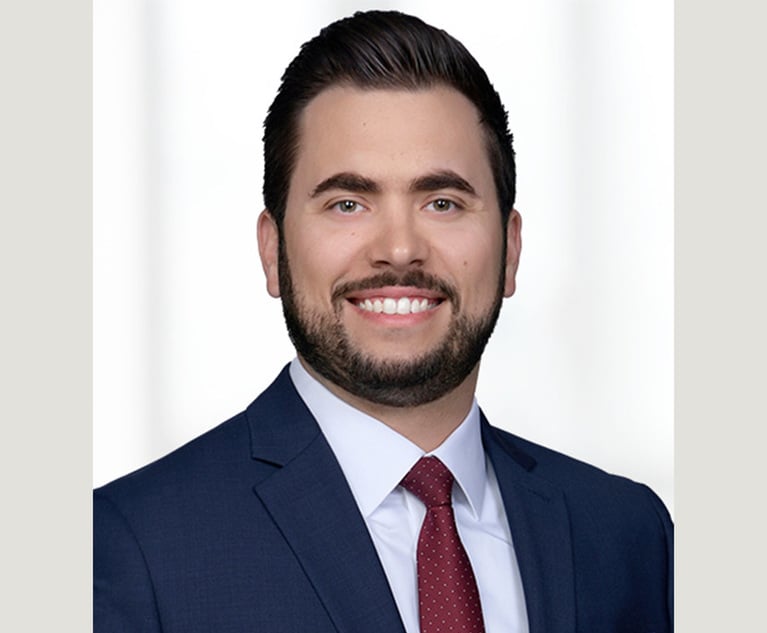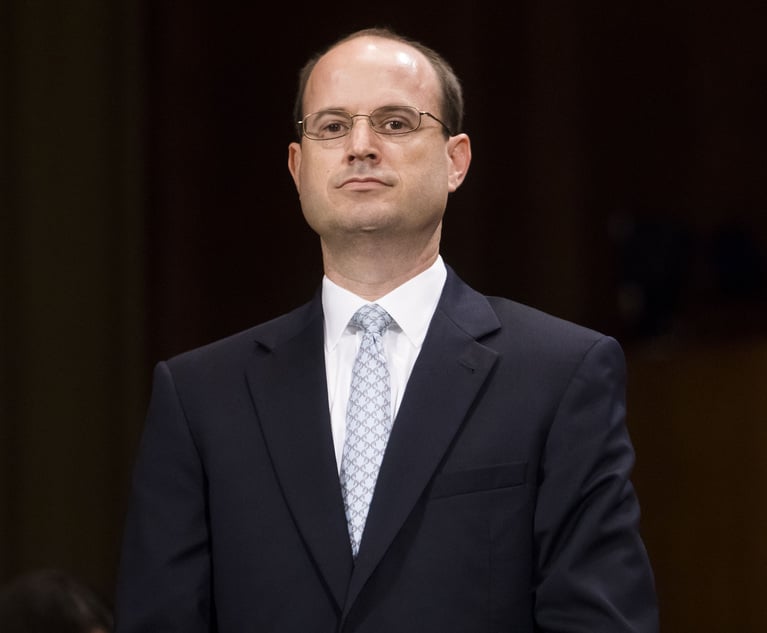In May 2018, Jay Alix, the founder and now minority shareholder of consulting firm AlixPartners commenced an action against McKinsey & Co. in the U.S. District Court for the Southern District of New York alleging, among other things, that while serving as an adviser for debtors in several multimillion and multibillion-dollar Chapter 11 cases, McKinsey’s restructuring arm—known as McKinsey RTS—violated bankruptcy law by failing to disclose its financial and consulting relationships to creditors and other stakeholders to benefit the firm and its network of clients. Jay Alix also accuses McKinsey & Co, its affiliates and half a dozen individuals of violating the Racketeer Influenced and Corrupt Organizations Act (RICO) by failing to disclose disqualifying conflicts of interest in big bankruptcy cases.
The case has stirred new interest and focus on the types of disclosures required by prospective bankruptcy professionals when seeking employment under section 327(a) of the Bankruptcy Code. To meet the legal requirements of Section 327(a), prospective bankruptcy professionals are obligated by Rule 2014 of the Federal Rules of Bankruptcy Procedure to submit in each case a sworn declaration that fully, honestly, and publicly discloses their connection to the debtor, creditors, any other party in interest, their respective attorneys and accountants, the U.S. trustee, or any person employed in the office of the United States trustee.


 Mariaelena Gayo-Guitian; partner; Genovese Joblove & Battista; Fort Lauderdale
Mariaelena Gayo-Guitian; partner; Genovese Joblove & Battista; Fort Lauderdale




